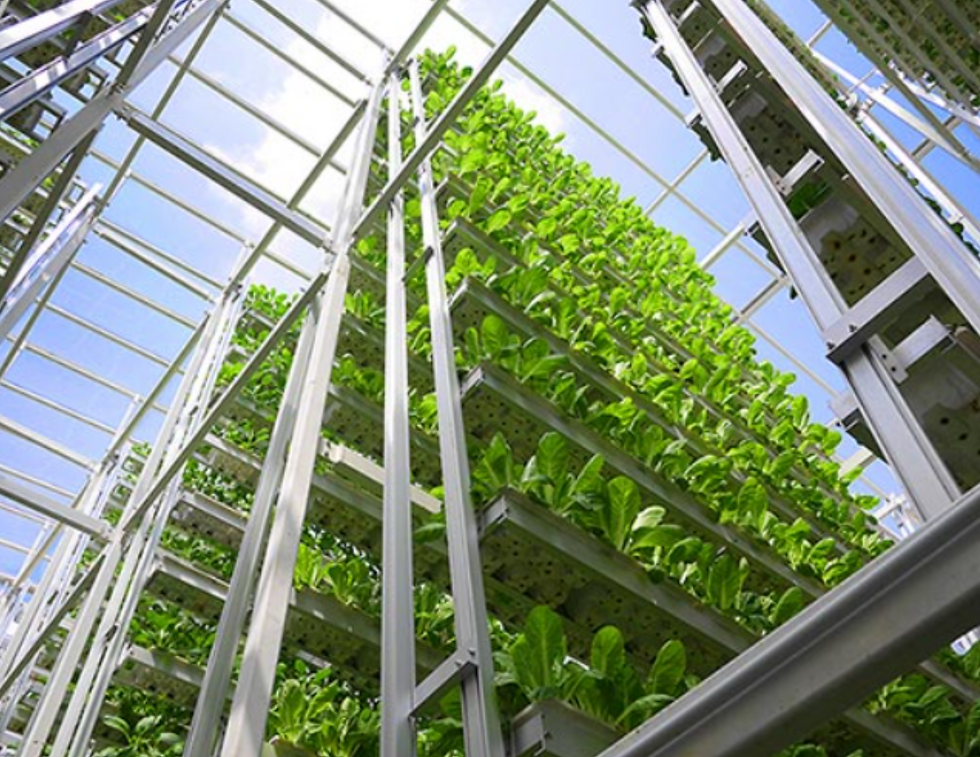Singapore's Food Security Challenges
- mastereign
- Mar 16, 2023
- 2 min read

Land scarce and resource scarce Singapore imports more than 90% of its food from overseas. While strategies had long been put in place to secure our food supply, the uncertain geo-political tensions as well as the supply chain disruptions caused by Covid-19 have increased the risk of food supply disruptions to Singapore.
Collective effort from the government, industry and public are required to strengthen our food supply resilience in order to mitigate and overcome these challenges. Singapore through the Singapore Food Agency (SFA) employs 3 food security strategies known as the 3 “food baskets” to ensure mitigate our food security risks.
Diversifying import sources to reduce risk of reliance on any single food supply source
Growing local to provide buffer supply in event of overseas supply disruptions
Growing overseas to help local companies expand abroad and export food back
Singapore Green Plan 2030
The Singapore Green Plan 2030 unveiled in February 2021 advocated a "whole-of-nation movement" to advance Singapore's national agenda on sustainable development. 5 Key programmes were set out in the plan including:
City in Nature
Energy Reset
Sustainable Living
Green Economy
Resilient Future
30 by 30 Target
The ‘30 by 30’ target features in the resilient future programme under the Singapore Green Plan 2030 where Singapore aims to meet 30% of our nutritional needs through locally produced food by 2030.
A survey conducted by SFA revealed that “83% of those polled in our recent survey think it is important for Singapore to be able to produce her own food to reduce reliance on imports.”
Local production is important to reduce our reliance on food imports. It can also mitigate the impact of supply disruption.
The Role of Urban Farming
Only 1% of Singapore’s land is set aside for farming due to land scarcity issues and its many competing land needs. It is thus important to make use of technology and innovation to increase productivity of the agri-food industry to overcome our land and resource constraints.
Innovative Vertical Farms such as Sky Greens make use of low-cost, hydro-powered technology to operate its commercial vertical farming systems. Unlike traditional farms, Sky Greens leverages on technology to minimise land usage yet still maximises output through smart urban vertical farming.

Can You Do Your Part?
Besides the government and food industry efforts, consumers also play a major role in ensuring the sustainability and viability of local farms.
You can do your part by purchasing locally farmed eggs, vegetables and fishes. The local demand will keep our farms commercially viable and spur our farmers to become more productive. This in turn will encourage farms to upscale their businesses and invest in technology and innovation so that they can increase their capability and capacity to produce more with less and in a sustainable manner for Singapore to achieve its 30 by 30 target.
Get more information here on the Sky Greens Tour, https://www.mastereign.com/sky-green-tour
Keen to take your students on a behind-the-scenes journey to see how Sky Greens produces safe, fresh and delicious vegetables while using minimal energy, water and space?
Source Links
